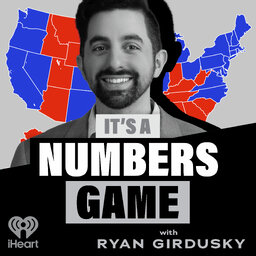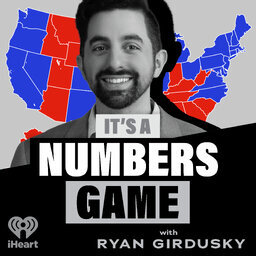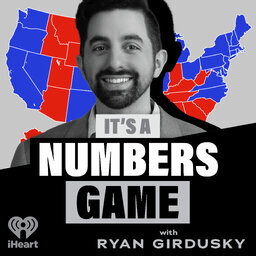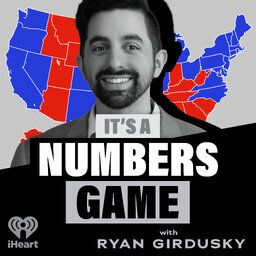It's a Numbers Game: The Numbers Behind Trump's Approval Ratings with James Johnson
In this episode, Ryan speaks with James Johnson, founder of JL Partners, about the current state of Trump's approval ratings, the methodologies behind polling, and the impact of tariffs on voter sentiment. They discuss the discrepancies in polling results, particularly among different demographics, and the challenges faced by pollsters in accurately capturing public opinion in a rapidly changing political landscape. Johnson emphasizes the importance of adapting polling methods to engage a broader range of voters, particularly younger and busy individuals, while also addressing the complexities surrounding Trump's policies and their reception among various voter groups. It's a Numbers Game is part of the Clay Travis & Buck Sexton Podcast Network - new episodes debut every Monday & Thursday.
Follow James on X
 It's A Numbers Game with Ryan Girdusky
It's A Numbers Game with Ryan Girdusky



